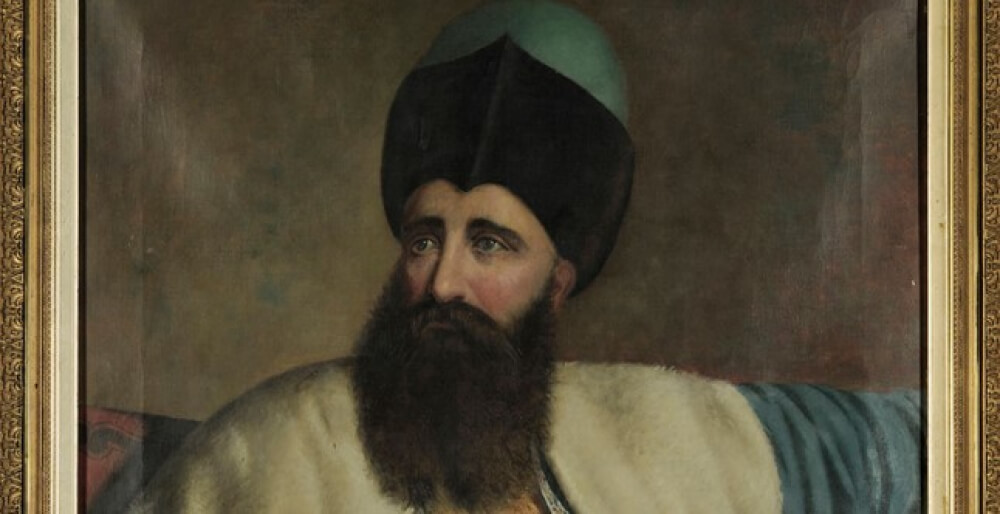The Ottoman inability after the 17th century to adapt to European political and social conditions caused the destabilization of the military, administrative, social and economic structures of the Empire and allowed the development of the forces of the Greek Nation.
During this period were developed the institutions of local, self-administering Communities (a beginning of political organization) and of so-called “Kleftarmatolismos” (armed bandits and militia - the first core of Greek military power). The idea of national unity was cultivated with Greek language, Orthodox religion and tradition as its key elements.
The Phanariots, an aristocratic class deriving its name from the Fener district of Istanbul, used their political and economic prowess to act as protectors of the Orthodox Christians and to support their cultural status.The Greek diaspora, organised in flourishing communities throughout Europe, were spreading innovative ideas and ideological patterns to those living within the Ottoman confines. Eminent scholars and “Teachers of the Nation” worked actively for its “illumination” through the publication of books and the foundation of schools in Ottoman Greek regions.
The Russo-Turkish Treaties of Küçük Kaynarca (1774) and Iasi (1792), advantageous to Greek trade and shipping, contributed to their rapid growth and to wealth accumulation. These changes, reinforced by the centrifugal tendencies within the Empire (apostasy of Ali Pasha of Jannina, etc.), gave birth to expectations for national freedom.
The preparation of the Greeks for revolution was organized by overtly cultural societies like “The Ellinoglosson Xenodocheio” (1809) in Paris, the Philomousos Etaireia in Athens (1813) and most of all the Philiki Etaireia (1814), which were established for this purpose. The last one, based in Russian Odessa (today Ukraine), initiated Greeks to the common cause of liberation in absolute secrecy.
When circumstances were deemed appropriate, the Philiki Etaireia offered its leadership to Alexandros Ypsilantis who declared the Revolution in the Danubian Principalities (Moldavia-Wallachia) on 24 February 1821. The plan for a simultaneous uprising of all the enslaved Balkan people failed, but it caused strong diversion to the Ottoman Empire and allowed the establishment of the Revolution in the Peloponnese.








